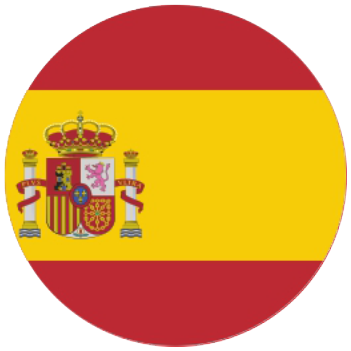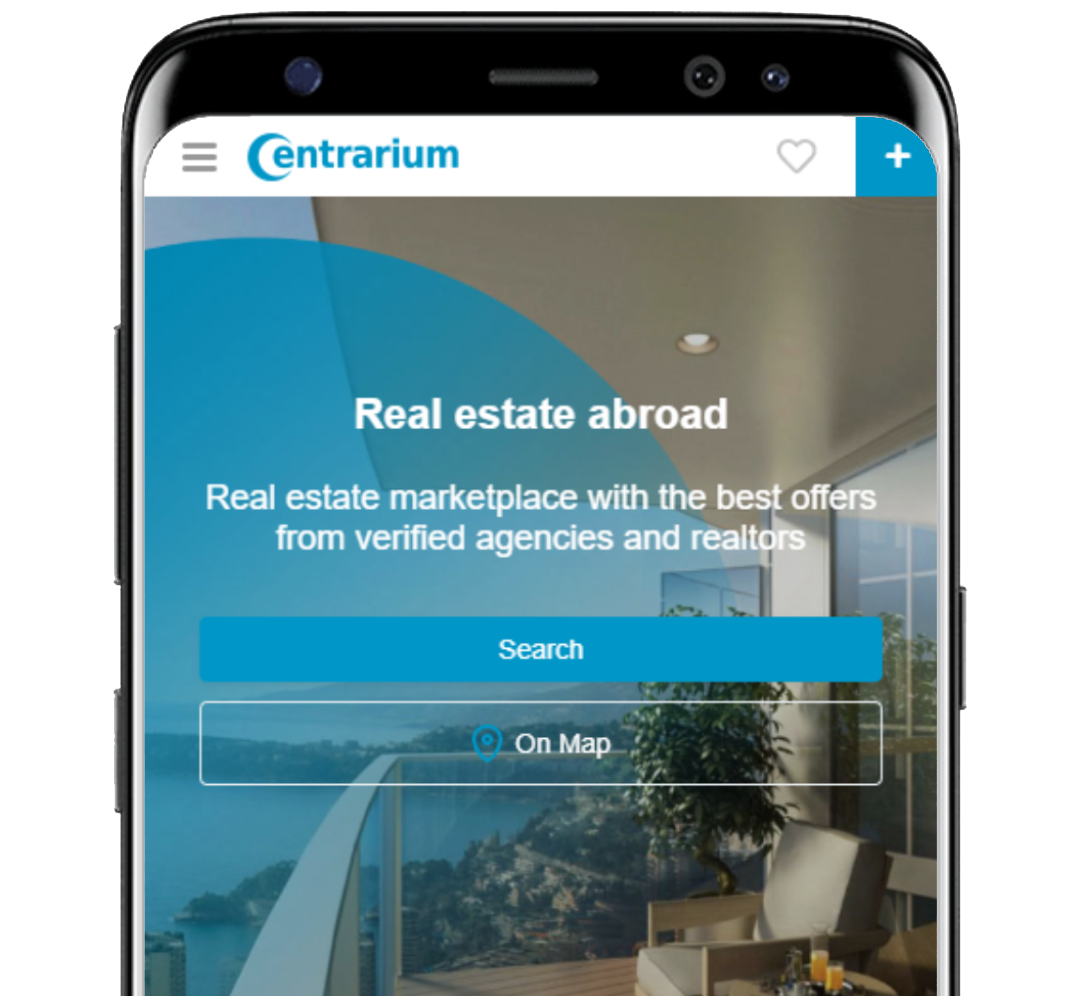
Life in Spain after the closure of the Golden Visa program — how to get a residence permit with the right to work
The Golden Visa program was launched in 2013, at the height of the economic crisis. Its goal was to stimulate the influx of investment, especially in the real estate sector. And it must be admitted that the program worked: thousands of wealthy foreigners from China, Russia and other countries received Spanish residence permits. The influx of capital stabilized the economy and revived the real estate market. But there was a downside to the coin. Rising housing prices in large cities such as Barcelona and Madrid led to a decrease in the availability of apartments and houses for local residents. In addition, concerns arose about security and the stability of the social balance. These factors ultimately became the reason for revising migration policy and closing the Golden Visa program. The era of Golden Visas in Spain ended on April 3, 2025. The program that allowed foreign investors to obtain a residence permit in exchange for purchasing real estate and other assets worth at least 500,000 euros is a thing of the past. However, this does not mean that the doors to Spain are closed. There are ways to legally live and work in this sunny country.
Ways to obtain a residence permit in Spain with the right to work
Despite the end of the “golden visa” program, those wishing to move to Spain still have many options. Here are six main options for obtaining a residence permit with the right to work:
- Visa for highly qualified specialists — this type of visa is intended for professionals with rare and in-demand skills on the Spanish labor market. As a rule, we are talking about specialists in the field of IT, medicine, engineering and other high-tech fields. To obtain such a visa, you need to find an employer in Spain and sign an employment contract with them. The company must prove that it was unable to find a suitable candidate within the country. You will also need to confirm your qualifications with diplomas and certificates.
- Startup visa for entrepreneurs — Spain actively attracts entrepreneurs who want to launch an innovative business to its territory. There is a special startup visa for this. Its main advantages are a simplified application process and support from government agencies. To apply for a startup visa, you need to submit a detailed business plan and prove that the project has innovative potential and can create jobs. You will also need to confirm that you have sufficient capital to start a business.
- Visas for digital nomads — remote work is becoming increasingly popular, and Spain is keeping up with the times, offering visas for so-called «digital nomads». This option is suitable for freelancers and employees who work remotely for foreign companies. The main condition for obtaining such a visa is a stable income from abroad, allowing you to cover the costs of living in Spain. The income threshold is set by the government and is regularly revised. A digital nomad visa gives the right to stay in the country for up to one year with the possibility of extension.
- The Residence No Lucrativa visa for financially independent individuals — this type of residence permit is intended for people with a stable passive income from abroad (for example, from renting out real estate, investments or pension payments). The main requirement is to prove that these funds are sufficient to live in Spain without having to work. It is important to note that the Residence No Lucrativa visa does not automatically grant the right to employment. However, after several years of residence in the country and if there is a suitable job offer, this status can be converted into a full-fledged work residence permit.
- Student visa — education in Spain attracts students from all over the world. Enrollment in a Spanish university, language school or business program provides grounds for obtaining a student visa. This document allows you to legally stay in the country for the entire period of study. Moreover, a student visa opens the way to further employment. Many graduates find work in Spain and successfully convert their status into a work residence permit. So getting an education can be the first step to full-fledged immigration.
- Classic employment with a work visa — finally, the most obvious and proven way to move to Spain — find a job and get a work visa. Yes, the competition in the labor market is high, but qualified specialists, especially in technology, medicine and other in-demand areas, always have good chances. The employment process begins with searching for vacancies and responding to suitable offers. If a Spanish employer is ready to hire a foreign specialist, he initiates the procedure for obtaining a work visa. This path takes time and effort, but guarantees stability and the opportunity to fully integrate into the life of the country.
The closure of the Golden Visa program does not mean the cancellation of already issued residence permits. All holders of such residence permits retain their rights until the expiration of the documents. Moreover, the government guarantees the possibility of extending the Golden Visas under the same conditions. So investors who managed to «jump on the last train» can rest assured about their status.
Prospects for immigration to Spain — a look into the future
The closure of the Golden Visa program marks a change in priorities in Spain's migration policy. The country is focusing on attracting talent, entrepreneurs and qualified specialists who can contribute to the development of the economy and society. At the same time, Spain remains open to students, digital nomads and financially independent individuals who want to enjoy a high quality of life in a sunny Mediterranean country. The flexibility and diversity of immigration programs allows everyone to find their own path to the coveted residence permit.
Of course, moving to another country is always a challenge. It is necessary to carefully study the requirements, prepare documents and go through bureaucratic procedures. But the reward is worth the effort: the opportunity to live, work and develop in one of the most attractive countries in Europe. Spain continues to attract foreigners with its climate, culture, cuisine and the friendliness of the locals. And although the era of “golden visas” has come to an end, the doors to this beautiful country remain open to those who are ready to invest their talents, ideas and energy in a new life under the Spanish sun.
To summarize, we note that six alternative ways to obtain a residence permit with the right to work provide an opportunity to legally live and work in Spain without the need for large investments. Whether you are a highly qualified specialist, an entrepreneur, a student or a digital nomad, you have a chance to make your dream of Spain come true. The main thing is to carefully study the requirements, competently prepare the documents and be patient to go through the bureaucratic procedures. Spain is waiting for you — with its sun, sea, mountains, delicious food, friendly people and endless opportunities for personal and professional development. Take the first step towards your new life — and who knows, maybe one day you will proudly call Spain your home.
 Real Estate in Spain
Real Estate in Spain
Install our app and get all the tools you need to search for real estate abroad in your smartphone! The mobile application will allow you to quickly access your personal account, manage your favorite properties and track your requests, directly exchange messages with sellers and buyers.


Since 2025, Spain has closed the Golden Visa program, which provided residence through investment, but there are still other options for obtaining a residence permit. Find out what six options give you the chance to live and work in the country even without major investments. The closure of the Golden Visa program in Spain is not the end, but the beginning of a new chapter in the country's immigration history.

Greece is set for major changes to the rules for obtaining and extending residence permits for foreigners from 2025. Tighter requirements for investors, new opportunities for entrepreneurs and simplified procedures for qualified specialists - find out how these innovations will affect your plans to move to Greece.

Obtaining a residence permit abroad opens up a wide range of opportunities for long-term residence, simplifying the process of buying real estate and even obtaining citizenship. Learn about the main ways to apply for a residence permit, conditions in popular countries and success factors.








 42
42  1
1  1
1  3
3 









